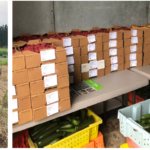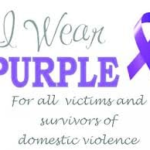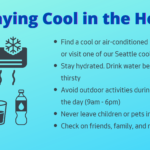HSD Announces Farm to Table Support Services Funding Opportunity
*Updated April 19, 2022 The Youth and Family Empowerment (YFE) Division of the City of Seattle Human Services Department (HSD) is seeking applications from organizations and farmers interested in food equity for Seattle Preschool Programs serving low-income children and families. This Farm to Table Support Services RFP invests in healthy, local, sustainable, culturally… [ Keep reading ]




